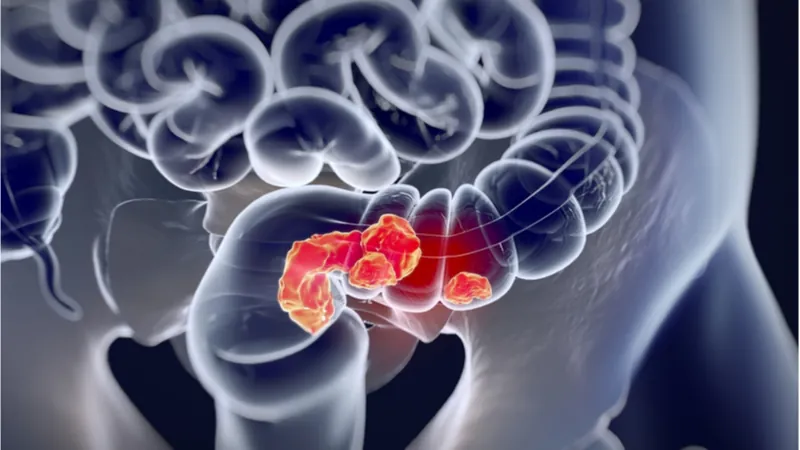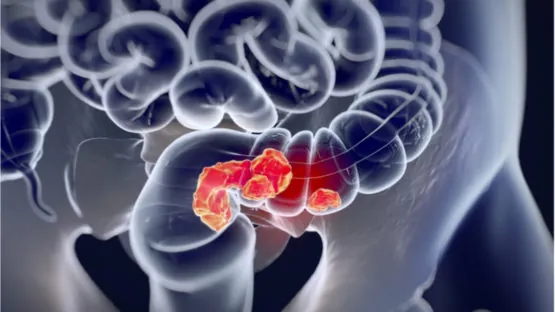In a cell culture study, researchers have discovered that forcing cancer cells to differentiate into somatic cells can cause them to stop proliferating.
Cancer, stem cells, and proliferation
The danger of cancer is from its proliferation: its uncontrolled division within the body. This proliferation is explained by the mutated cells exhibiting stem-like properties; in other words, cancer cells behave much like stem cells, retaining the ability to indefinitely divide. However, a cancer cell will often retain many of its original functions, and many cancer cells even differentiate in the same way that normal stem cells do, losing their stem-like nature.
The researchers of this study explain cancer as a developmental continuum, with purely proliferational cancer cells at one end and differentiated somatic cells at the other. They further explain that even if any given differentiated cell has oncogenic mutations, which would cause it to be cancerous, it is not immediately dangerous unless it has somehow acquired the stem-like ability to proliferate and thus become malignant. (On the other hand, this is why any epigenetic reprogramming approach to the aging hallmark of stem cell exhaustion must address cancer as a concern.)
A single factor identified as the root cause
The researchers have found that transcriptional factors (TFs) are responsible for transforming cancer cells into differentiated, normal-like cells, thus preventing them from dividing further. The researchers identified five factors that would normally allow colorectal cancer cells to differentiate, and they identified the factor SET Domain Bifurcated 1 (SETDB1) as being the causative agent in depressing the effects of these five factors.
Therefore, the researchers reasoned, depleting SETDB1 from cancer cells would promote these factors and thus stop the proliferation of colorectal cancer. The idea of SETDB1 being a main causative agent of colorectal cancer is backed up by a previous study, which shows that this factor is associated with poor patient outcomes in colorectal cancer [1].
By using an RNA transfection agent, the researchers confirmed their hypothesis in colorectal cancer organoids. They tested a total of eight proteins to knock out, and of those eight, knocking out SETDB1 markedly increased the expression of pro-differentation factors while substantially reducing the activity of MYC, which is associated with proliferation. Cell proliferation rate was, as expected, substantially reduced. In simple terms, the cancer lost nearly all of its ability to be cancerous.
Abstract
Cancer cells exhibit properties of cells in a less differentiated state than the adjacent normal cells in the tissue. We explored whether cancer cells can be converted to a differentiated normal-like state by restoring the gene regulatory network (GRN) of normal cells. Here, we report that colorectal cancer cells exhibit a range of developmental states from embryonic and intestinal stem-like cells to differentiated normal-like cells. To identify the transcription factors (TF) that commit stem-like colorectal cancer cells into a differentiated normal-like state, we reconstructed GRNs of normal colon mucosa and identified core TFs (CDX2, ELF3, HNF4G, PPARG, and VDR) that govern the cellular state. We further found that SET Domain Bifurcated 1 (SETDB1), a histone H3 lysine 9–specific methyltransferase, hinders the function of the identified TFs. SETDB1 depletion effectively converts stem-like colorectal cancer cells into postmitotic cells and restores normal morphology in patient-derived colorectal cancer organoids. RNA-sequencing analyses revealed that SETDB1 depletion recapitulates global gene expression profiles of normal differentiated cells by restoring the transcriptional activity of core TFs on their target genes.
Implications: Our study provides insights into the molecular regulatory mechanism underlying the developmental hierarchy of colorectal cancer and suggests that induction of a postmitotic state may be a therapeutic alternative to destruction of cancer cells.
Conclusion
Halting cancer by taking away its stem-like abilities and forcing it to differentiate into relatively harmless tissue is a novel and intriguing approach to preventing its spread. As the researchers explain, SETDB1 is not upregulated in normal stem cells, only cancer cells. Therefore, systemic downregulation of SETDB1 may one day be a therapeutic tool for dealing with colorectal and other cancers, assuming that such an intervention can be developed for human use.
Literature
[1] Chen, K., Zhang, F., Ding, J., Liang, Y., Zhan, Z., Zhan, Y., … & Ding, Y. (2017). Histone methyltransferase SETDB1 promotes the progression of colorectal cancer by inhibiting the expression of TP53. Journal of Cancer, 8(16), 3318.


